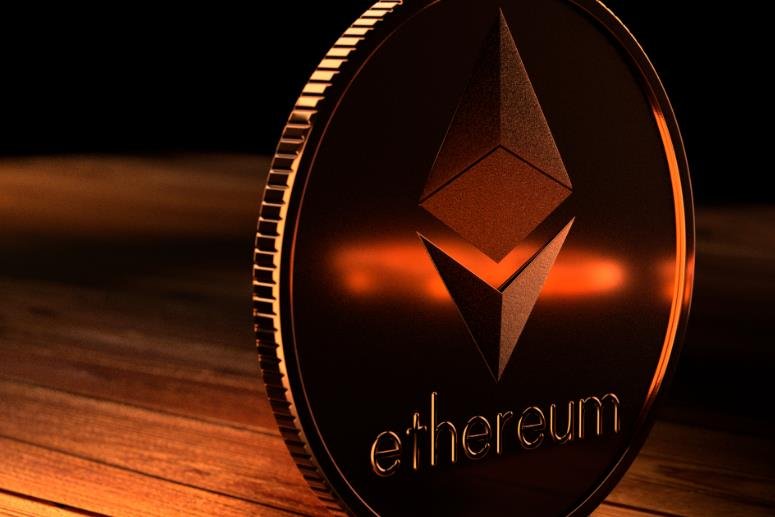A software glitch in one of Ethereum’s client programs caused some validators to go offline on Sunday, raising concerns about the network’s reliance on a single dominant client.
On Sunday, January 22, 2024, a bug in Nethermind, one of the client programs that validators use to interact with the Ethereum network, caused about 8% of the validators to stop validating new blocks. Validators are the nodes that secure the network and process transactions by staking their ether (ETH), the native cryptocurrency of Ethereum. The bug was related to the calculation of the gas limit, which is the maximum amount of computation that can be done in a block. The bug made Nethermind validators reject valid blocks and fall out of sync with the rest of the network.
The Nethermind team quickly released a patch to fix the bug, and most of the affected validators resumed their normal operations within hours. However, some validators faced financial penalties for being offline or producing invalid blocks. According to the Nethermind team, the total amount of penalties was less than 100 ETH, which is about $148,000 at the current price.

Why is this a problem for Ethereum?
The Nethermind bug was not a major threat to the security or functionality of Ethereum, as the network continued to operate normally with the remaining validators. However, it highlighted a long-standing issue in the Ethereum ecosystem: the lack of client diversity.
Client diversity refers to the idea that the network should have multiple client programs that validators can choose from, so that if one client fails, the others can keep the network running. This reduces the risk of a single point of failure that could compromise the entire network.
Currently, Ethereum has four main client programs: Geth, Nethermind, Besu, and Erigon. However, Geth, which stands for Go Ethereum, is by far the most popular one, powering about 85% of the validators. Geth is developed and maintained by the Ethereum Foundation, the main nonprofit organization that supports Ethereum development.
The problem is that if Geth ever had a critical bug that affected its functionality, it could potentially halt the entire network, as most of the validators would be unable to produce or validate new blocks. Moreover, Geth-based validators could face severe financial penalties for being offline or breaking the network’s rules, which could discourage them from participating in the network in the future.
What are the solutions?
To address the issue of client diversity, some experts and community members have suggested various solutions, such as:
- Encouraging validators to switch to other clients or run multiple clients in parallel, to reduce the dependence on Geth and increase the resilience of the network.
- Providing more funding and support for the development and maintenance of other clients, to ensure that they are up to date and compatible with the network’s specifications and upgrades.
- Implementing incentives or penalties for validators to use different clients, to create a more balanced distribution of clients across the network.
- Educating validators and users about the importance and benefits of client diversity, to raise awareness and foster a culture of diversity and decentralization.
What are the implications?
The issue of client diversity is not unique to Ethereum, as other blockchain networks also face similar challenges. For example, Bitcoin, the largest and oldest cryptocurrency, also has a dominant client program, Bitcoin Core, which accounts for about 97% of the nodes on the network.
However, the issue of client diversity is more pressing for Ethereum, as the network is undergoing a major transition from a proof-of-work (PoW) consensus mechanism, which relies on miners to secure the network and process transactions, to a proof-of-stake (PoS) consensus mechanism, which relies on validators to do the same. The transition, known as Ethereum 2.0, aims to make the network more scalable, secure, and sustainable, but also more complex and dynamic.
Therefore, it is crucial for Ethereum to have a diverse and robust set of client programs that can support the network’s evolution and innovation, and prevent any single client from becoming a bottleneck or a vulnerability. As Ethereum co-founder Vitalik Buterin said in a recent interview, “client diversity is absolutely essential for the health of the network.”
